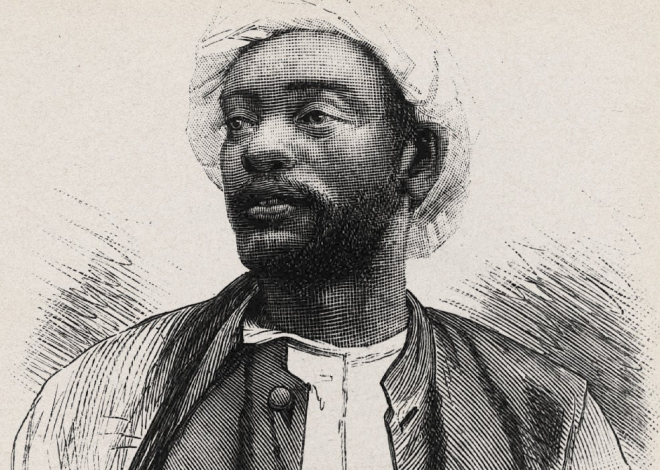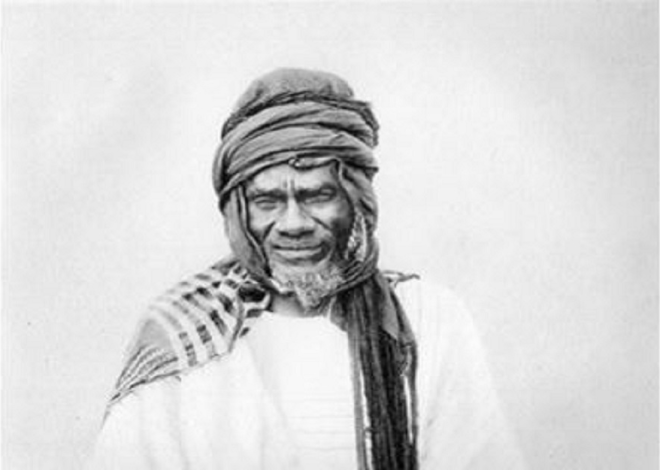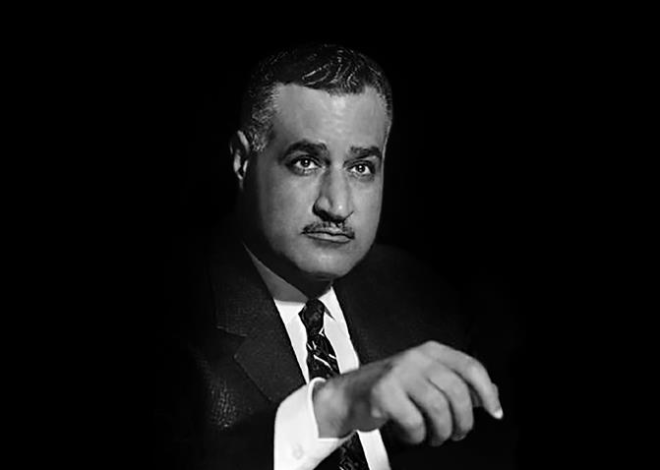
Kofi Annan
Kofi Annan was a Ghanaian diplomat who served as the seventh Secretary-General of the United Nations from 1997 to 2006. He was a highly respected figure on the international stage and played a pivotal role in addressing global challenges during his tenure.
Here is a detailed description of Kofi Annan’s life and career:
Early Life and Education:
- Annan was born on April 8, 1938, in Kumasi, Ghana, which was then under British colonial rule.
- He attended Mfantsipim School, a prestigious secondary school in Cape Coast, Ghana, and later studied economics at the Kumasi College of Science and Technology (now the Kwame Nkrumah University of Science and Technology).
- Annan continued his education in the United States, where he earned a bachelor’s degree in economics from Macalester College in Minnesota and a master’s degree in management from the Massachusetts Institute of Technology (MIT).
United Nations Career:
- Annan joined the United Nations in 1962 and embarked on a long and distinguished career with the organization.
- He served in various capacities, including as a budget officer, personnel officer, and director of human resources.
- In 1993, Annan was appointed as the Under-Secretary-General for Peacekeeping Operations, where he played a crucial role in managing UN peacekeeping missions in various conflict zones, including Bosnia and Herzegovina and Rwanda.
- In 1997, Annan was elected as the Secretary-General of the United Nations, becoming the first sub-Saharan African to hold this position.
Tenure as UN Secretary-General:
- During his tenure as Secretary-General, Kofi Annan focused on a wide range of global issues, including conflict resolution, peacekeeping, human rights, and development.
- He played a central role in efforts to resolve conflicts in places like East Timor, Kosovo, and Sierra Leone.
- Annan was a strong advocate for the Responsibility to Protect (R2P) doctrine, which highlighted the international community’s responsibility to prevent and intervene in cases of genocide, war crimes, ethnic cleansing, and crimes against humanity.
- Under his leadership, the United Nations established the Global Compact, a voluntary initiative that encourages businesses to adopt sustainable and socially responsible policies.
- Annan also worked to reform the UN, including efforts to streamline bureaucracy, enhance accountability, and improve the organization’s effectiveness.
Nobel Peace Prize:
In 2001, Annan and the United Nations were jointly awarded the Nobel Peace Prize for their efforts to promote a better organized and more peaceful world.
Post-UN Career:
After leaving his post as UN Secretary-General in 2006, Annan remained active in international diplomacy and conflict resolution. He served as the UN-Arab League Joint Special Envoy for Syria in 2012 but eventually resigned due to the ongoing conflict.
Legacy:
- Annan is remembered as a statesman and diplomat of great integrity and wisdom. His leadership at the United Nations and his dedication to global peace and development left a lasting impact on the world.
- His commitment to diplomacy, human rights, and international cooperation continues to inspire future generations of diplomats and leaders.
- Annan passed away on August 18, 2018, leaving behind a legacy of tireless service to humanity and a deep commitment to the principles of the United Nations. He is widely mourned and celebrated as one of the world’s most respected diplomats and peacemakers.






